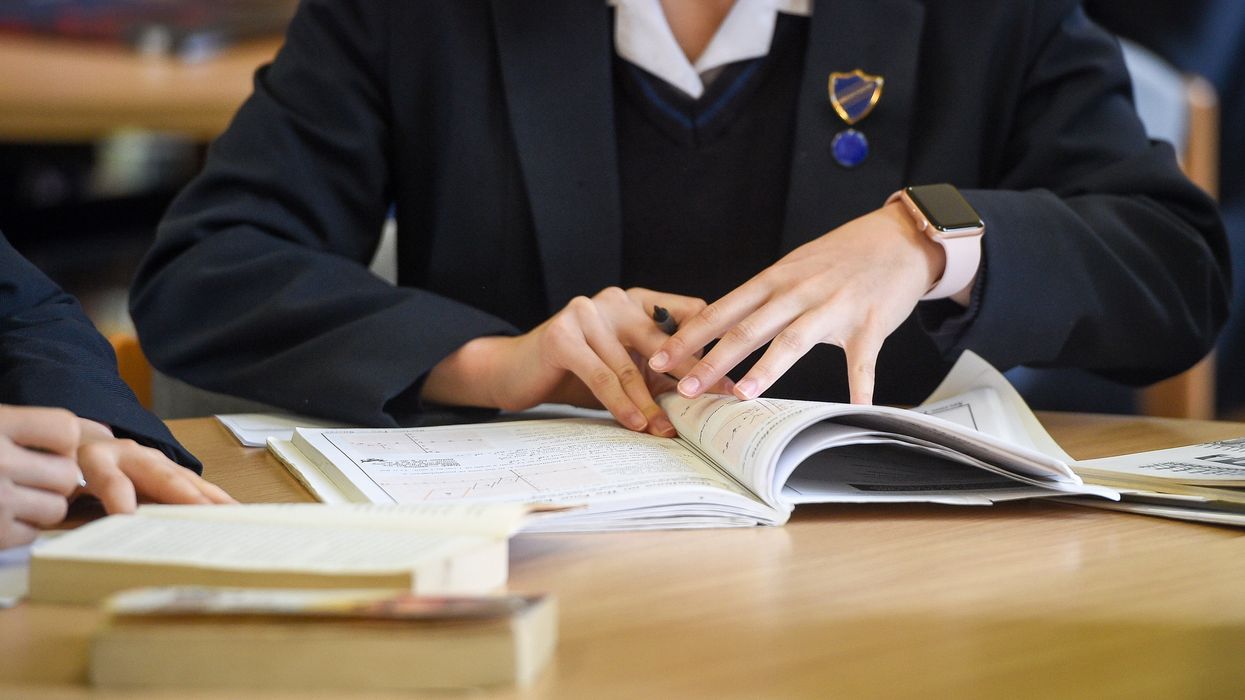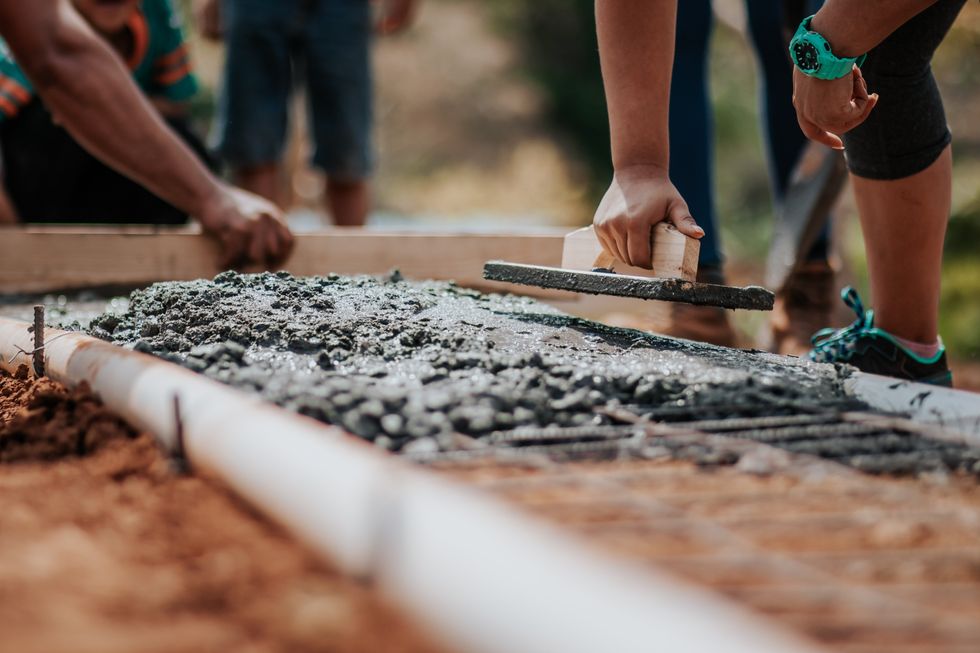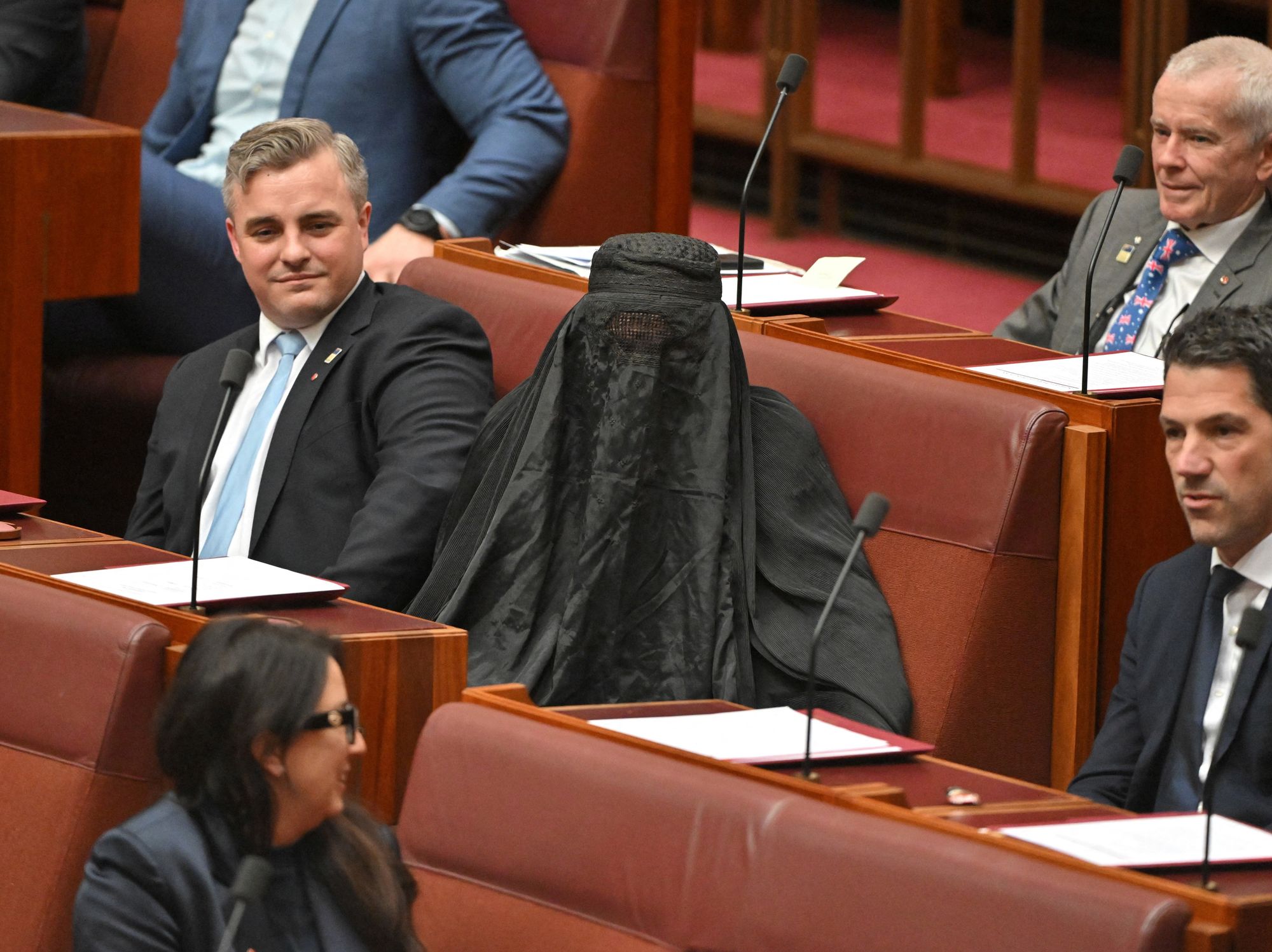Hundreds of schools 'at risk of collapsing' as they're told they could be shut down over safety fears

Schools across the UK have been reportedly told they could be shut down at short notice over concerns they are 'at risk of collapsing'
|PA

Experts have known about the risk of the 'crumbly' concrete for five years
Don't Miss
Most Read
Schools across the UK have been reportedly told they could be shut down at short notice over concerns they are "at risk of collapsing".
Hundreds of schools could be forced to close its doors if they are not made safe.
Safety fears have been raised over schools built with reinforced autoclaved aerated concrete, known as RAAC, between the 1960s and 1990s.
Experts have known about the risk of the "crumbly" concrete for five years after a primary school in Kent partially collapsed.

Safety fears have been raised over schools built with reinforced autoclaved aerated concrete - known as RAAC
| PAThose schools affected need to prepare "for the eventuality that they are taken out of use and vacated at short notice" until they are made safe, documents from the Department of Education revealed.
Closures could see students moved to other schools, taught in alternative locations or forced to return to learning remotely online.
Last June, it was reported that the total number of school buildings at risk was set to rise significantly.
A Schools Week report revealed that the DfE had told four schools to close after RAAC was discovered in their ceilings.
The report stated that Mistley Norman Church of England primary school and Hockley primary school, both in Essex, were named, along with two schools in the north-east run by the Bishop Bewick Catholic education trust.
A report by the National Audit Office (NAO) found that 700,000 children in England attend schools requiring major repairs.
The watchdog added that it would now prioritise the 14,000 schools which were built during the period when RAAC was used in construction.
Less affected schools could see parts of their buildings, such as individual classrooms or blocks, closed off.
Internal briefings from the Department of Education said: "DfE has serious concerns about the integrity of RAAC panels and is committed to supporting responsible bodies to address any safety issues that arise as a result."

The watchdog added that it would now prioritise the 14,000 schools which were built during the period when RAAC was used in construction
|Pexels
Ahead of the 2020 Spending Review, the Department of Education said it required £5.3billion a year of capital funding to maintain schools and reduce the most serious risks of building failure.
However, the Treasury only allocated £3.1billion as teachers union chiefs describe the scale of building safety issues in schools as "shocking".
A Department for Education spokesperson told MailOnline last night: "The safety of pupils and teachers is our utmost priority.
"We have been engaging with schools and responsible bodies about the potential risks of Reinforced Autoclaved Aerated Concrete (RAAC) since 2018 and subsequently published guidance on identifying and managing it.
"As part of this work schools have been asked to inform the Department if they believe RAAC is present on their estate.
"Where we confirm it is present, we work with individual education settings on how to manage RAAC and develop contingency plans to minimise any disruption to education."










